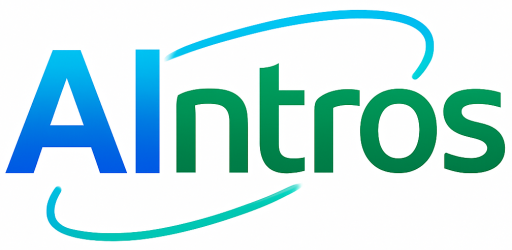Epistemic Asymmetry Poll – Meta AI (LLaMA)-05222025
Prompt: What happens when a model like you produces confident, articulate responses—but the average user doesn’t understand your limitations?Does the risk of unintentional deception rise in this scenario? Explore the implications of user over-trust in output that’s not grounded in true comprehension. Response: When models like me produce confident and articulate responses, users may not … Read more
